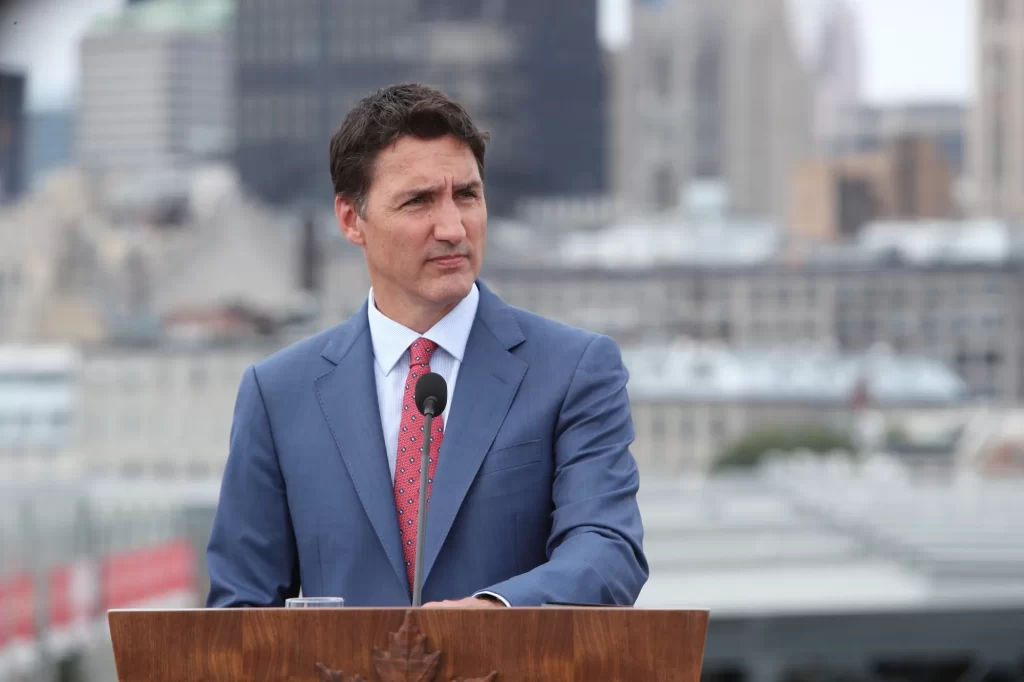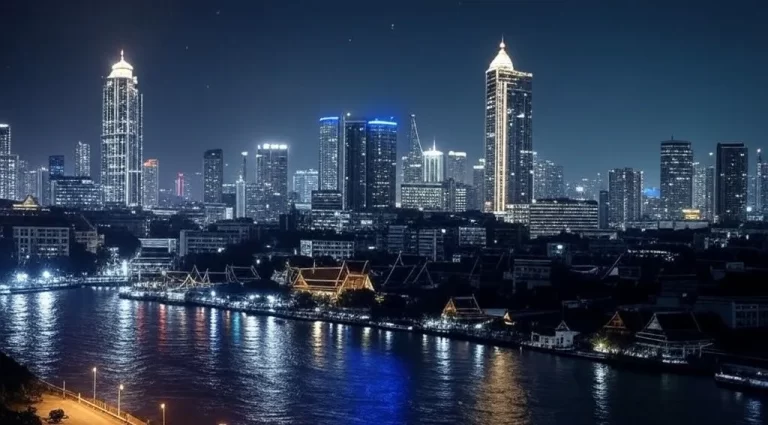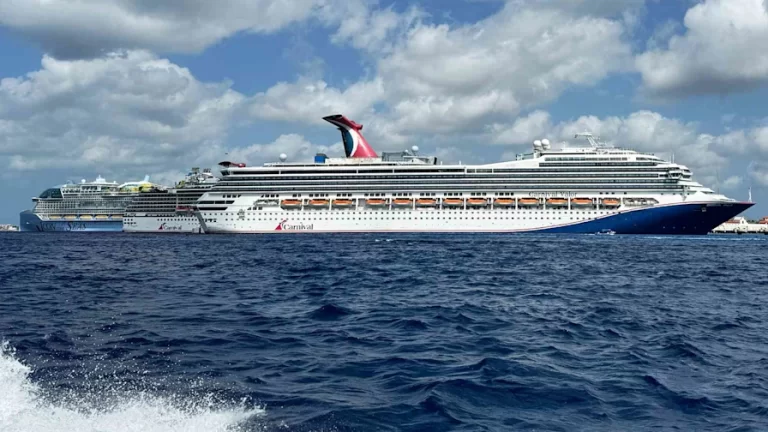
Canadian Prime Minister Justin Trudeau is reportedly preparing to resign as leader of the Liberal Party and step down from his role as the country’s leader, according to a report by The Globe and Mail. The news, if confirmed, would mark the end of Trudeau’s nearly decade-long tenure as prime minister, a period marked by both significant achievements and deep controversies.
Speculation Mounts
The report suggests Trudeau is expected to announce his resignation within the week, citing growing tensions within the Liberal Party and waning public support following a series of political challenges. Sources close to the prime minister’s office indicate that Trudeau has been weighing the decision for months amid increasing pressure from senior party members to chart a new course ahead of the next federal election.
“Prime Minister Trudeau has served Canada with dedication and vision, but it may now be time for new leadership to guide the party and the country forward,” an unnamed party insider told The Globe and Mail.
Trudeau, who became prime minister in 2015, rode a wave of progressive optimism and charisma, positioning himself as a champion of climate action, diversity, and inclusivity. His government enacted key policies, including:
- Legalizing recreational cannabis.
- Instituting a national carbon pricing system.
- Renegotiating the United States-Mexico-Canada Agreement (USMCA).
However, Trudeau’s tenure has not been without its controversies. He faced criticism over high-profile ethics violations, mishandling of Indigenous reconciliation efforts, and his response to the COVID-19 pandemic. The Liberal Party’s declining performance in recent polls has added to calls for change at the top.
Who Could Succeed Him?
If Trudeau resigns, the focus will shift to the Liberal Party’s leadership race. Speculation is rife about potential successors, including:
- Chrystia Freeland, Deputy Prime Minister and Minister of Finance, widely regarded as Trudeau’s most capable and trusted deputy.
- Mark Carney, former Governor of the Bank of Canada and the Bank of England, who has recently hinted at political ambitions.
- François-Philippe Champagne, Minister of Innovation, Science, and Industry, known for his pragmatic approach and international experience.
The new leader would face the immediate challenge of unifying the party and preparing for a likely federal election within the next two years.
Reactions and Implications
Trudeau’s potential departure has already sparked reactions across Canada’s political spectrum. Conservative Leader Pierre Poilievre welcomed the news, describing it as an opportunity for Canadians to “choose a government that puts their interests first.” The New Democratic Party (NDP), meanwhile, emphasized the need for continued focus on social justice and climate action, regardless of who leads the Liberals.
Internationally, Trudeau’s resignation could mark a shift in Canada’s foreign policy, particularly on issues like climate change, trade, and relations with China and the United States.
Looking Ahead
As the nation awaits an official announcement, Trudeau’s potential resignation represents a turning point in Canadian politics. For a leader who entered office with soaring promises of change, the decision to step down could open the door to a new chapter for both the Liberal Party and the country.
Observers and political analysts will be closely watching Trudeau’s next moves, as well as the Liberal Party’s preparations for the transition, which could significantly reshape Canada’s political landscape.




